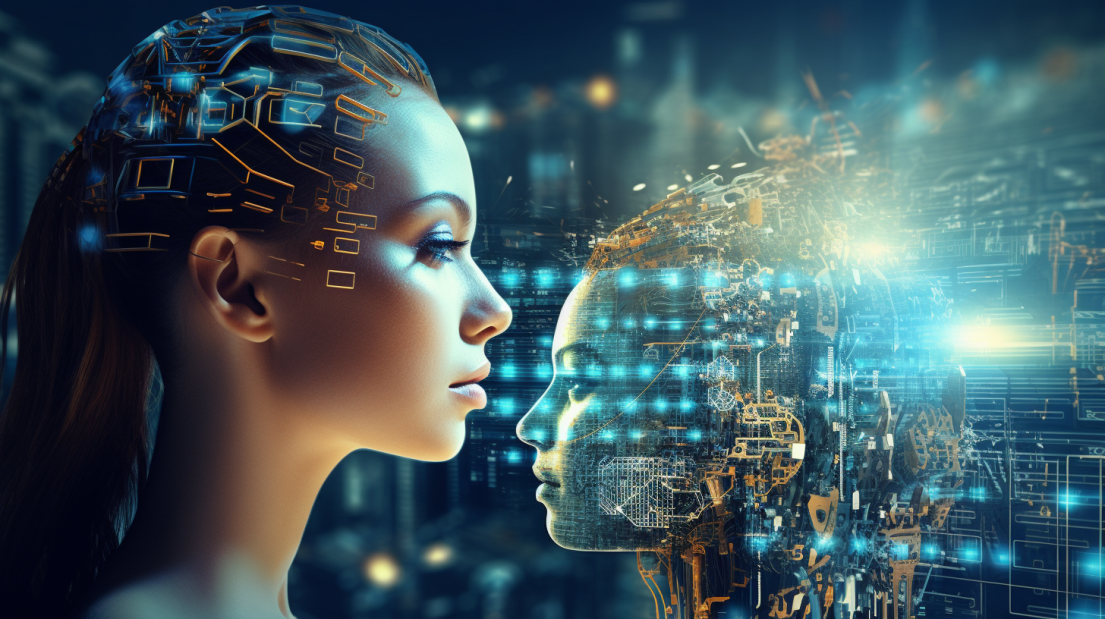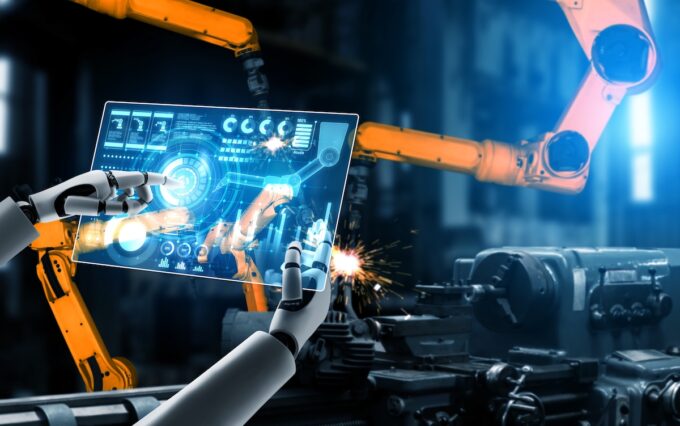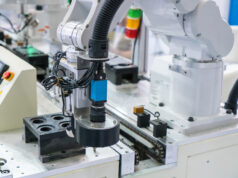In the rapidly evolving digital era, Artificial Intelligence (AI) stands out as a transformative force, reshaping industries and redefining what’s possible. AI development services are pivotal in driving this innovation, impacting various sectors from healthcare to manufacturing.
The Emergence of AI Development Services
AI development services have transitioned from specialized offerings to essential components in numerous industries. This shift is propelled by the exponential growth of big data, advancements in computational power, and breakthroughs in machine learning algorithms. Companies like Tensorway exemplify this growth, showcasing how AI can address complex challenges with efficiency and precision. The evolution of AI is also marked by the integration of various AI disciplines, such as machine learning, neural networks, and cognitive computing, creating more robust and versatile AI applications.
Transforming Industries
Healthcare
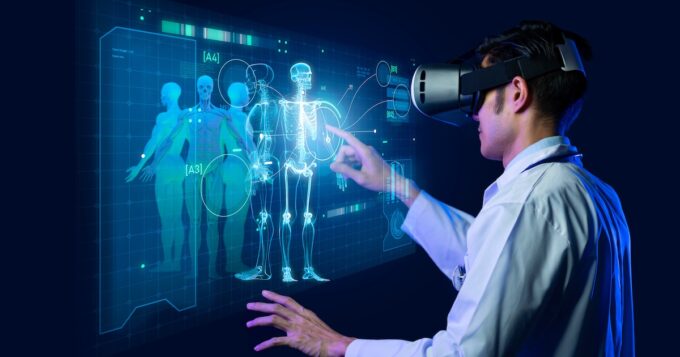
In healthcare, AI’s influence extends to areas like personalized medicine and patient care management. AI-driven systems are being used for real-time monitoring of patient health, offering predictive insights for chronic diseases. In mental health, AI tools provide support through interactive apps, offering new avenues for therapy and support.
Finance
The finance sector is witnessing a revolution with AI in areas like customer service and compliance monitoring. AI algorithms are now capable of detecting anomalies in financial patterns, aiding in anti-money laundering efforts. In personal finance, AI is enabling more nuanced and adaptive financial planning tools.
Retail
In retail, AI is transforming customer engagement through advanced analytics and augmented reality (AR) experiences. AI-driven systems offer personalized shopping experiences, while AR allows customers to visualize products in real-time, enhancing the buying process.
Manufacturing
In manufacturing, AI’s role in predictive analytics is crucial for supply chain optimization and resource management. AI-driven systems are enabling smarter inventory management, reducing waste, and improving production efficiency. The integration of AI with robotics is also creating more autonomous and flexible manufacturing processes.
Challenges in AI Development
Data Privacy and Security
The increasing reliance on AI raises significant data privacy and security concerns. The challenge lies in developing AI systems that are secure by design, ensuring data integrity and confidentiality, especially in sectors handling sensitive information.
Bias and Ethical Concerns
Addressing bias in AI extends to the development process itself, requiring a more inclusive and diverse approach in AI training and development. This includes the creation of ethical guidelines and frameworks to govern AI development and deployment.
Integration with Existing Systems
The integration of AI with legacy systems remains a significant challenge, requiring bespoke solutions and a deep understanding of existing IT infrastructures. This often involves a multidisciplinary approach, combining AI expertise with domain-specific knowledge.
Skill Gap
The skill gap in AI is a global issue, with a need for more comprehensive educational programs and training initiatives. This includes not only technical skills but also an understanding of the ethical and social implications of AI.
The Future of AI Development Services
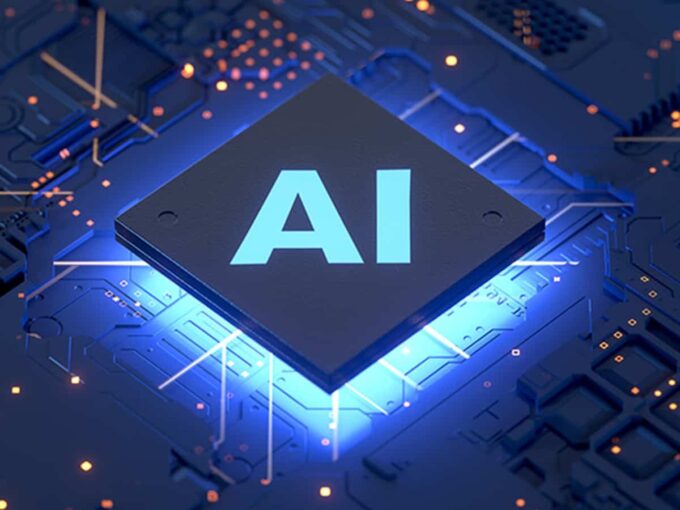
Explainable AI (XAI)
As AI systems become more integral to decision-making in critical sectors, the demand for transparency and accountability in these systems will grow. XAI will play a crucial role in sectors like autonomous driving, where understanding the decision-making process of AI is essential for safety and regulatory compliance. In legal and judicial systems, XAI can help in making the rationale behind AI-assisted decisions more transparent, thereby ensuring fairness and adherence to legal standards. The challenge will be to balance the complexity of AI models with the need for simplicity and clarity in explanations.
AI and IoT Convergence
The AI-IoT convergence is expected to extend beyond urban environments into areas like agriculture and healthcare. In agriculture, AI-driven IoT devices can optimize irrigation, pest control, and crop harvesting, leading to increased efficiency and sustainability. In healthcare, the integration of AI with wearable IoT devices can revolutionize patient monitoring and care by providing real-time health data analysis. The primary challenge in this convergence will be managing the massive data streams efficiently and ensuring interoperability among various devices and systems.
Advancements in Natural Language Processing (NLP)
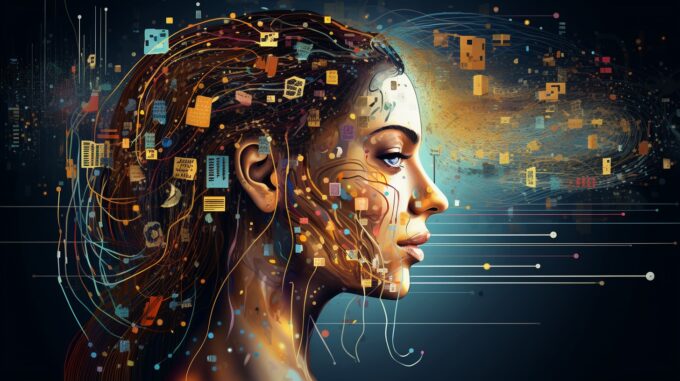
This advancement could revolutionize customer service, providing more empathetic and efficient customer interactions. In the field of content creation, NLP could enable AI to generate not just text but also creative content like poetry or music that resonates more deeply with human emotions. The challenge here lies in developing algorithms that can accurately interpret and replicate the subtleties and complexities of human emotions and creativity.
Ethical AI
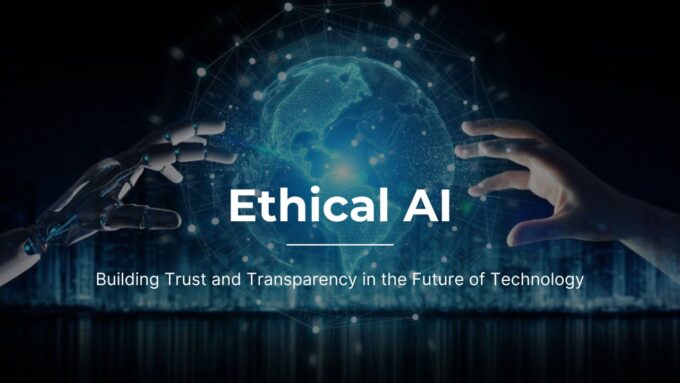
As AI becomes more pervasive, the ethical implications of AI systems will come under greater scrutiny. This includes concerns about AI in surveillance and data collection, where there is a fine line between security and privacy infringement. Ethical AI frameworks will need to address these concerns by setting clear boundaries and guidelines for the use of AI in sensitive areas. Another challenge will be ensuring that AI systems do not perpetuate or exacerbate social inequalities but instead are used to promote inclusivity and fairness.
AI Democratization
The trend towards democratizing AI will also see an increase in community-driven AI projects and collaborative AI research initiatives. This approach can accelerate innovation and ensure that the benefits of AI are shared more broadly across society. For instance, AI could be used to tackle global challenges like climate change and poverty by enabling better prediction models and more efficient resource allocation. However, a key challenge in AI democratization will be maintaining quality and ethical standards in a more open and diverse development environment.
Conclusion
AI development services are not just reshaping industries; they are setting the stage for a new era of technological advancement and innovation. While challenges like data privacy, bias, and integration complexities are significant, the potential of AI is immense. As AI technologies continue to evolve, they promise to drive significant economic and social progress. The journey of AI development is ongoing, with its full impact on society and industry yet to be fully realized.
The future of AI is one of collaboration, ethical responsibility, and continuous innovation, promising a smarter, more efficient, and equitable world. The next phase of AI development will focus on making AI more transparent, ethical, and accessible, ensuring its benefits are widely distributed and its potential is fully harnessed for the greater good.


